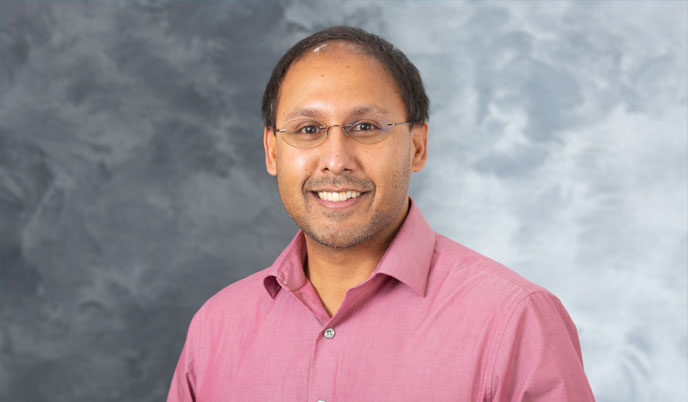
Anjon Audhya becomes senior associate dean for basic research, biotechnology, and graduate studies
Anjon (Jon) Audhya, PhD, has been named the University of Wisconsin School of Medicine and Public Health’s next senior associate dean for basic research, biotechnology and graduate studies.
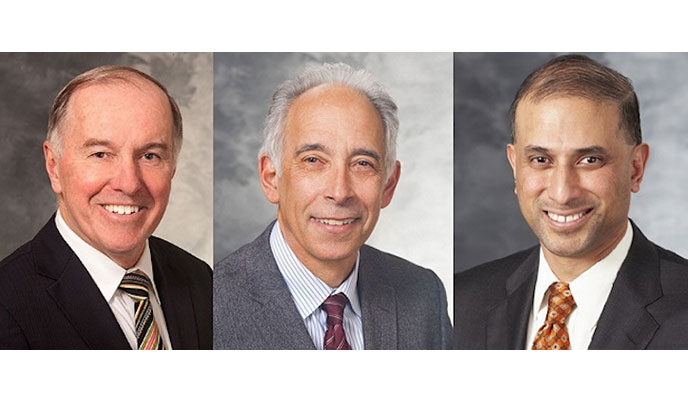
Three UW School of Medicine and Public Health faculty earn lifetime and career achievement awards
Lifetime and career achievement awards carry the weight of decades of discoveries and service. They are commonly the most prestigious awards given by professional societies and organizations.
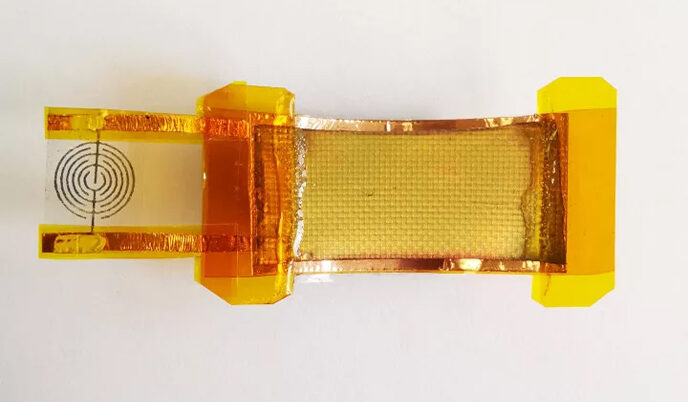
Bandage uses body’s own energy to speed wound healing
UW–Madison researchers have developed a bandage that uses the body’s own electrical energy to speed wound healing.
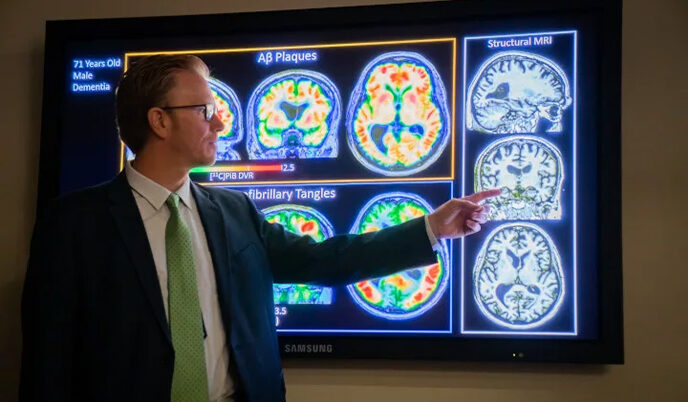
Wisconsin Registry for Alzheimer’s Prevention marks 20th anniversary
November marks a significant scientific milestone for the Wisconsin Registry for Alzheimer’s Prevention (WRAP) study at the University of Wisconsin School of Medicine and Public Health. It is the 20th anniversary of a groundbreaking study that is advancing the field of Alzheimer’s research here in Wisconsin and internationally.
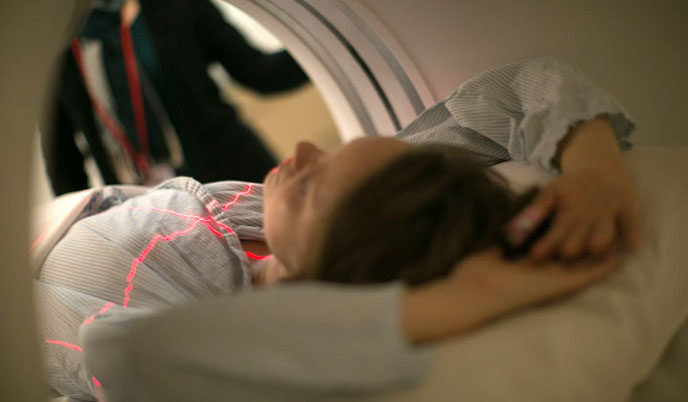
Access to Medicare increases lung cancer screening rates
If lung cancer is caught early enough, it’s treatable with a high chance of long survival. But many people at high risk because of their smoking history aren’t screened until they turn 65 and are eligible for Medicare coverage.

UW teams up with NFL on research designed to reduce head injuries in athletes
Researchers at the University of Wisconsin School of Medicine and Public Health are partnering with the National Football League (NFL) to study how on-field head impacts can inform injury reduction efforts at the professional and collegiate levels.
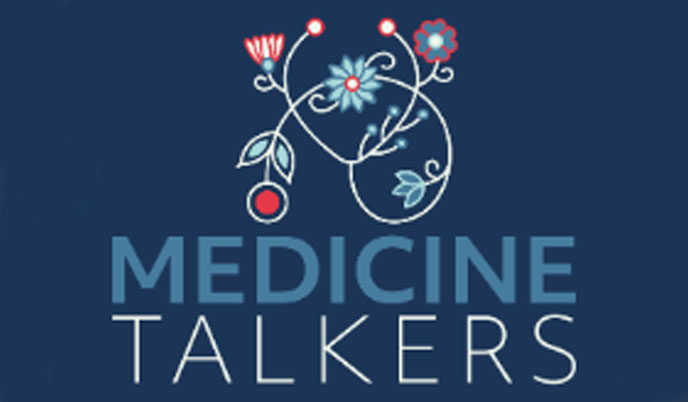
UW School of Medicine and Public Health honors Native American Heritage Month
November marks Native American Heritage Month in the United States and the University of Wisconsin School of Medicine and Public Health reaffirms its commitment to advancing the health of Native Americans and increasing the representation of Native Americans in the health care workforce.
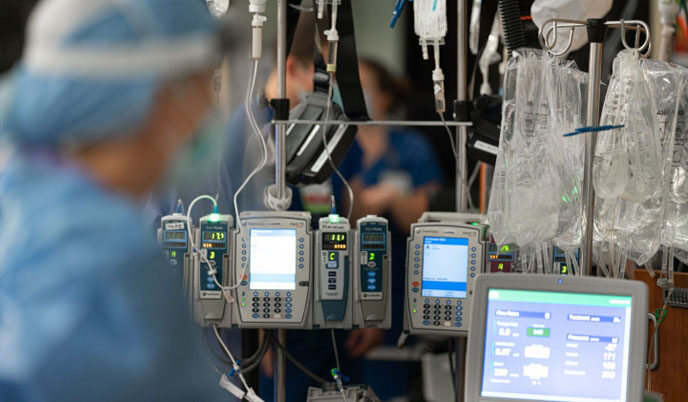
Hospital socioeconomic status, strain may increase death rate among ICU patients with COVID-19
Researchers at the University of Wisconsin School of Medicine and Public Health used hospital data from patients with COVID-19 admitted to intensive care units across the nation to identify factors linked to higher mortality rates within 28 days of admission.
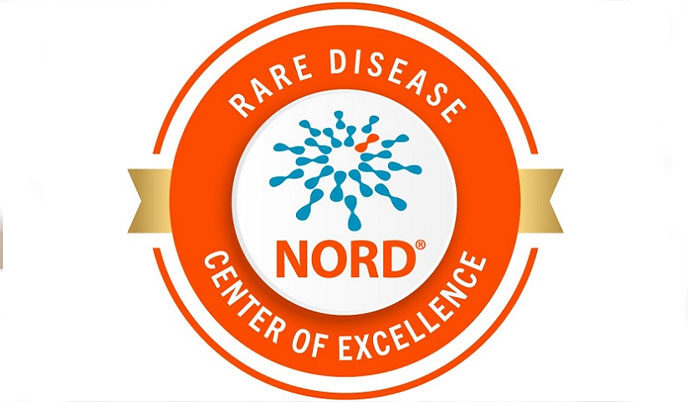
University of Wisconsin Center for Rare Diseases recognized by National Organization for Rare Disorders
The University of Wisconsin Center for Rare Diseases has been selected as a National Organization for Rare Disorders (NORD) Rare Disease Center of Excellence.
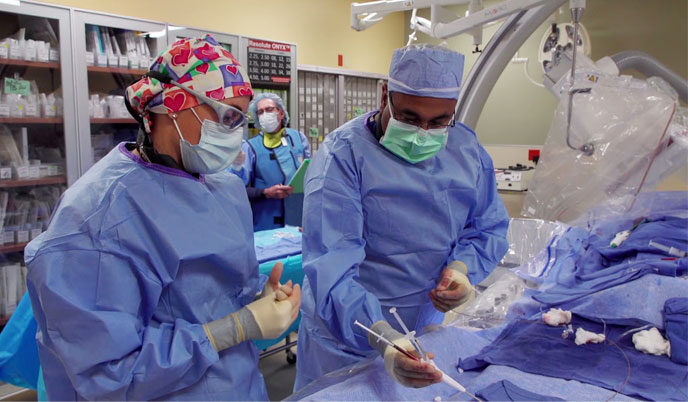
UW Health treats first patient in U.S. with investigational cell therapy for heart disease
Appleton resident Donald Krause became the first patient in the country last week to undergo an investigational cell therapy for a debilitating heart condition called chronic myocardial ischemia (CMI).
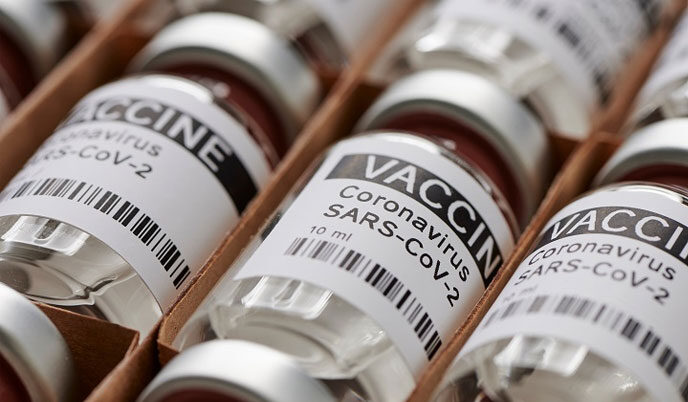
UW study examines allergic reactions to COVID-19 vaccines
Researchers from the UW School of Medicine and Public Health are seeking participants for a clinical study that examines whether the mRNA COVID-19 vaccines (Pfizer/BioNTech and Moderna) pose an increased risk for allergic reactions in individuals who are already considered “highly allergic.”

Pediatric research study aims to get medically complex K-12 students back to school safely
The last 18 months have been a struggle for 6-year-old Cade Moureau and his family.